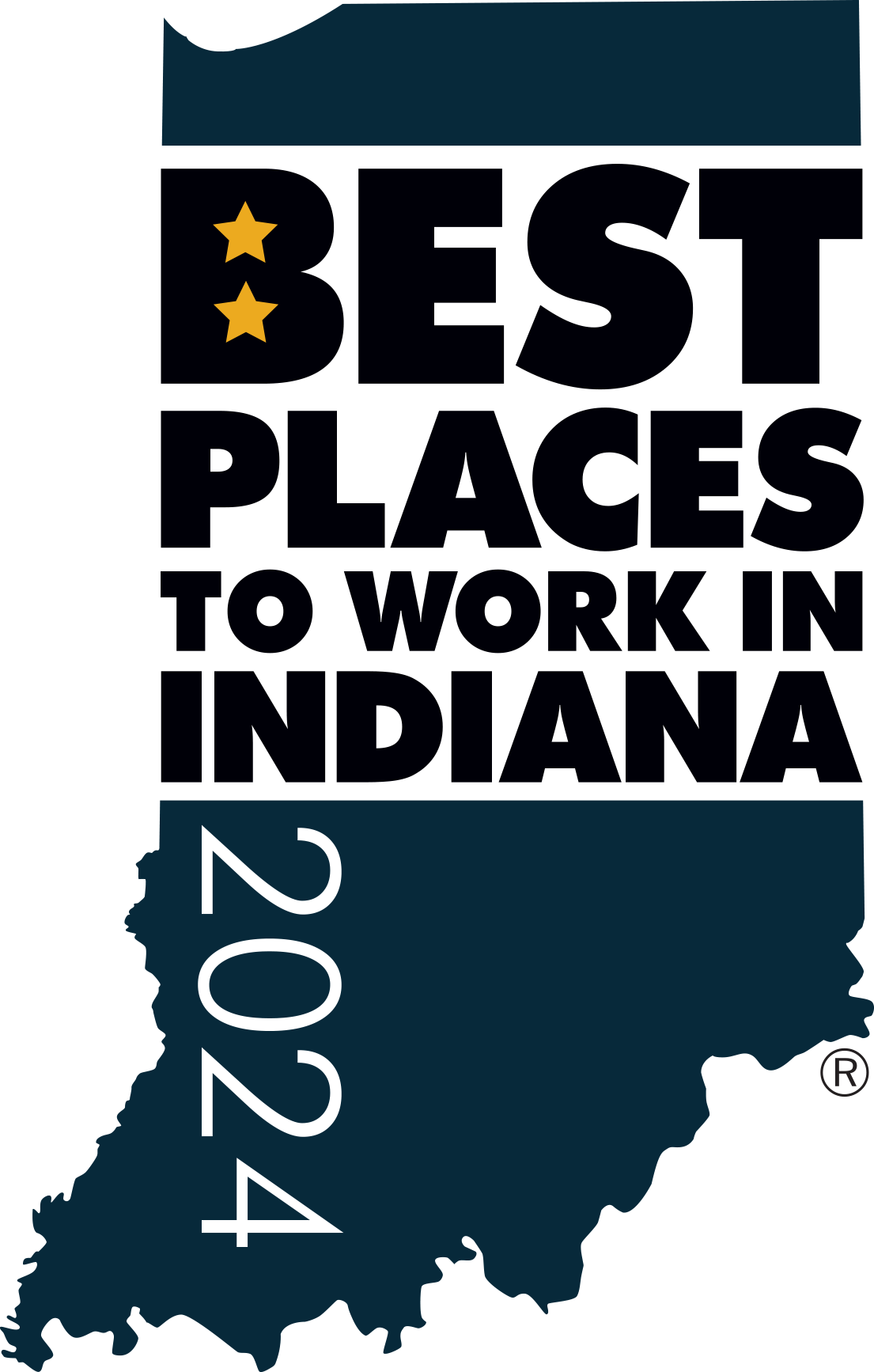Indy CFO Spotlight-Doug Mills
Doug Mills has had an amazing finance career here in Indianapolis. From his early days at Andersen to life in
the private equity world, he’s seen a lot of stuff. Fun fact: Doug and I were neighbors a long time ago and had
a years-long friendly competition for whose lawn was the greenest and best manicured. We’re at Four Day
Ray brewing in Fishers, sipping a couple of Old Fashioneds.
KB: Doug, thanks for doing this.
DM: My pleasure.
KB: Give us a quick overview of Doug Mills – The Early Years.
DM: I grew up in Hartford City, which is north of Muncie, and graduated from Blackford High School. I
played golf and tennis but decided that pro sports weren’t for me [smile]. A business class project led me
to a community banker who was a CPA. That interaction pointed me toward accounting. At the time,
accounting was rated as one of the fastest growing careers.
KB: How about your parents?
DM: Mom was a school teacher. She kept a close eye on my academics and could ask my teachers how I
was doing. I never wanted her to tell my Dad that Doug was in trouble. Dad was a tool and die maker. He
had a long and successful career – retired after 40 years with the same company.
KB: What did you learn from you parents?
DM: Well, my Dad is my hero. He taught me to work hard and treat everyone with respect. My parents
instilled in me the desire to always be learning and get the most out of my education.
KB: How’d you pick IU?
DM: The business school was highly rated, and I had a high school teacher/mentor who was an IU grad. He
got me interested. I loved IU.
KB: Did you know you wanted public accounting?
DM: I didn’t know much about public accounting initially. The placement process at IU was really good.
Exposed me to a lot of things and really broadened my perspective. I had a couple of great interactions
and interviews with Andersen. I couldn’t have picked a better place. Not only technically, but in terms of
managing and leading a team.
KB: You had a great run at Macmillan.
DM: Yes. I had a former Andersen colleague who knew the CEO at Macmillan. Joining that company was
key. I held six positions in 10 years. That’s where I learned to be a business partner.
KB: Tell me more about that.
DM: I started in accounting, but soon I was partnering with the head of sales. Eventually, I reported to the
sales department. I learned what drives a customer’s decision to buy our product. I learned about setting
sales quotas and designing compensation plans. Back then salespeople couldn’t go online and see what
was happening real time – the technology wasn’t there yet. So, they were very eager to work with me to
see what was going on with sales, forecasting, profitability. They welcomed my insights.
KB: That established your brand and launched you within Macmillan.
DM: It did. I then moved to partnering with division heads and was eventually VP of Finance for a business unit.
KB: Macmillan got acquired, right?
DM: Pearson acquired them and absorbed the business into their operation.
KB: Let’s jump to Phoenix Brands. That was a cool gig for you as well.
DM: Phoenix was a $300MM company founded by a former Unilever guy. When I joined, it took them 45
days to generate financial statements. My first major project was to streamline the accounting process and
get their systems issues sorted out. We got it to 15 days.
KB: You even survived a sale to another PE firm.
DM: I did. Phoenix sold in 2011 to a PE buyer. We sold at the top of the market for a lot of our brands.
The acquiring firm brought in a new CEO and we partnered for the next seven years.
KB: How’d you do that? The finance guys usually gets shot.
DM: I think the reason is that others in the company with influence told the new CEO that I was a valuable
resource. Those people had my back. I had built really good relationships in the organization and they
trusted me.
KB: So what happened that led to the Chapter 11 filing in 2016?
DM: We were a small value player who competed with Procter & Gamble on several product lines. Tide
Pods disrupted the industry. We had liquid laundry detergent. Plus, Procter was spending big marketing
dollars and taking more shelf space. We had to develop new product lines and divest others. I spent the
next 2-3 years divesting the different brands.
KB: How’d you do it?
DM: We sold a couple individually and worked with investment banks to market the remaining brands.
Phoenix was built as an outsourced operation scaled for big volume. Chapter 11 shed the baggage and
allowed buyers to avoid inheriting those contracts.
KB: Tremendous learning experience. What were your takeaways?
DM: Developing the management presentations, talking to potential buyers, developing the story. I got to
go through the process multiple times, and it was always different. How can a buyer maximize brands and
grow sales? Can you add brands to an existing distribution system? You have to know who the potential
buyers are. Then you make the case for them. Fun fact: If we sold the company in its entirety, we would
have gotten 3-4X EBITDA. By packaging the brands and selling to three targeted buyers we got over 10X
EBITDA.
KB: What’s your leadership philosophy?
DM: Be flexible. Leading evolves and changes with the people and situation. Hire people that can handle
the unexpected. I try to be authentic and let my people know that I care about them. I believe that’s the
only way I can develop them to do their best work.
KB: What are some of the biggest lessons you’ve learned in business?
DM: Make yourself valuable to the people you’re working with and for. Be a resource to help others. Be
willing to take on new roles. Work with people in other departments as much as possible. Know that there
are always going to be challenges and have the right attitude.
KB: What do you have little patience for?
DM: My wife would say that patience is not an area of strength for me. People who aren’t good teammates,
because a poor attitude can really weigh down the rest of a group.
KB: What’s your favorite movie?
DM: Two – Caddyshack and Hoosiers.
KB: What’s your favorite quote?
DM: “Whether you think you can or you think you can’t, you are right.” [Henry Ford] If you work with CEOs,
you’ll notice they’re all optimists. As finance people, we tend to be pessimists. I think it’s critical for
finance/accounting people to practice optimism. When you set optimistic, aggressive targets, you’re
challenging your team to stretch and grow.
KB: If you weren’t a CFO…?
DM: Pro golfer [laughs]…I would be in business somewhere and somehow

